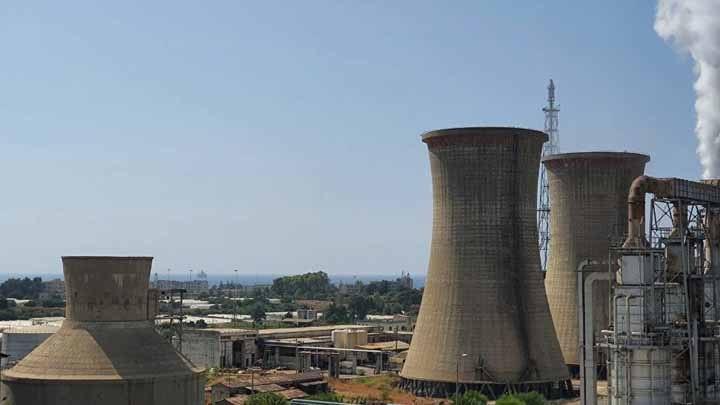Baniyas Refinery: Challenges of Modernization and Continuity of Production Amid Sanctions

The General Director of the company, Ibrahim Muslim, explained that the project includes replacing the bodies of the four reactors in the upgrading unit, which date back to 1980, with a complete body that includes the reactors combined, in addition to updating the coils and internal components. This upgrade is not a technical luxury, but a necessary imperative to ensure the continued operation of the refinery, which faces the risk of sudden shutdown of any of its old equipment.
The project, scheduled to be implemented during the comprehensive period of the refinery in the summer of 2026, primarily aims to ensure the continuity of high-octane premium gasoline production to meet local needs. This indicates the ongoing crisis in securing petroleum derivatives that the Syrian market has been suffering from for years.
The Director of Studies and Projects at the refinery, Jawad Abdul Latif, confirmed that the current equipment has only undergone maintenance and partial replacements since its installation over four decades ago. This reflects the technical and financial challenges faced by the Syrian oil industry during years of war and sanctions.
More importantly, this upgrade occurs at a time when Syria announced the export of its first oil shipment in years from the Tartus terminal, which may indicate an attempt to revive the oil sector that was a major source of income before the war.
However, the challenges remain significant. The international sanctions imposed on Syria complicate the process of importing modern equipment and technologies, not to mention the financial and technical difficulties. Additionally, the aging infrastructure requires massive investments that may not be available under current conditions.
The Baniyas Refinery modernization project represents a necessary step to maintain the energy infrastructure in Syria, but it remains only a partial solution to a multidimensional energy crisis. The success of this project will not only be measured by its ability to secure operational continuity but also by its ability to contribute to solving the energy crisis that Syrians face in their daily lives.